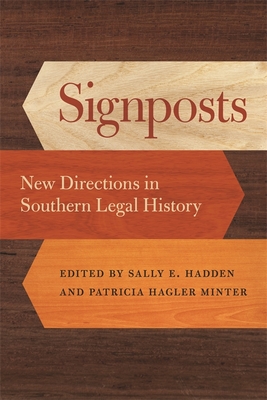Published in Signposts: New Directions in Southern Legal History
Alongside arguments based on principles of states’ rights and deference to majoritarian white supremacist traditions, a libertarian critique of antidiscrimination policy was a basic element of the white South’s legal case against civil rights. A claim of a “right to discriminate” had little to no chance of being accepted in a court of law. Nonetheless, this claim — described variously as a question of freedom of choice, property rights, privacy rights, associational rights, even freedom from involuntary servitude — provided a prominent and powerful language for opposing or limiting civil rights reform. Although rarely recognized as a judicially cognizable right, the right to discriminate was a powerful presence in practically all legislative and public debates over antidiscrimination laws during the civil rights era.
A focus on the right to discriminate expands our understanding of the legal history of the civil rights movement in several ways: (1) It presents an ideal case study of extrajudicial constitutional development. (2) It shows how the civil rights movement nurtured constitutional rights claims not only among proponents of the black freedom struggle, but also by those opposed to the cause. (3) It challenges accounts of the civil rights movement that over-emphasize the exceptionalism of the Jim Crow South. (4) It demonstrates how the battles of the past remain very much alive today. Because of continued societal ambivalence about the most expansive visions of government-imposed antidiscrimination norms and because it taps into widely shared commitments to privacy and personal freedoms, the right to discriminate continues to this day to play a central role in policy debates.

